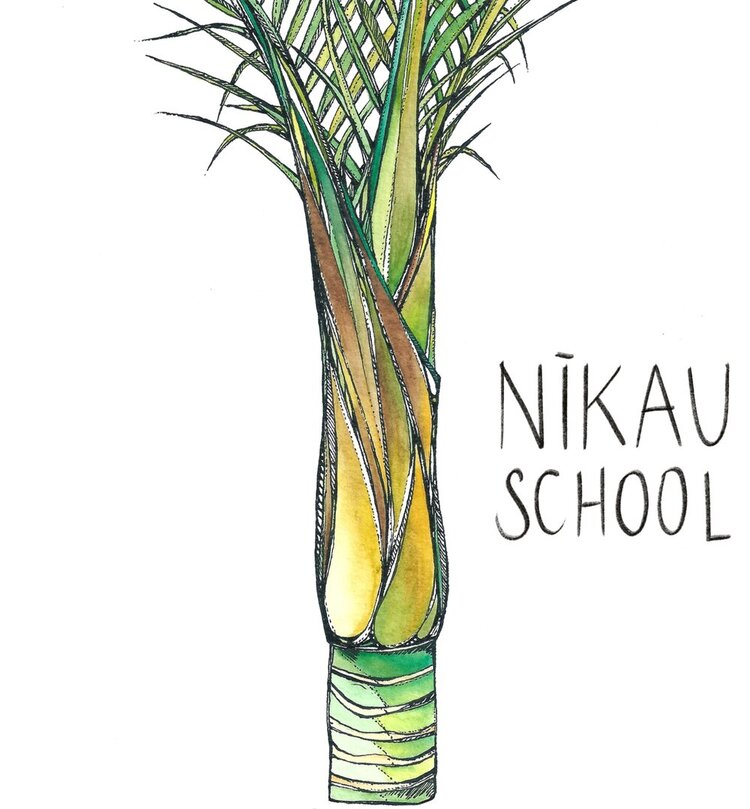The Montessori method is an educational approach that is based on several key principles:
Respect for the child: Children are seen as capable and competent individuals who deserve respect and trust. The Montessori method encourages teachers to create an environment in which children feel valued and supported in their growth and development.
Development of the whole child: Montessori education seeks to develop the child's physical, social, emotional, and cognitive abilities. This is achieved through a variety of hands-on, sensory-based activities and experiences.
Preparation for real-life experiences: Montessori education emphasizes practical, real-life applications of skills and knowledge. Children are encouraged to engage in activities that are meaningful and relevant to their lives.
Freedom within limits: Children are given the freedom to explore and learn within a structured environment, which provides safety and security. The Montessori method emphasizes the importance of allowing children to learn at their own pace, within a supportive and nurturing environment.
Collaboration and community: Children learn to work together, share, and respect each other, fostering a sense of community. The Montessori method emphasizes the importance of developing positive relationships among children, and encourages them to work together to achieve common goals.
Overall, the Montessori method emphasizes a child-centered approach that allows children to learn at their own pace, pursue their own interests, and develop their own unique potential.
